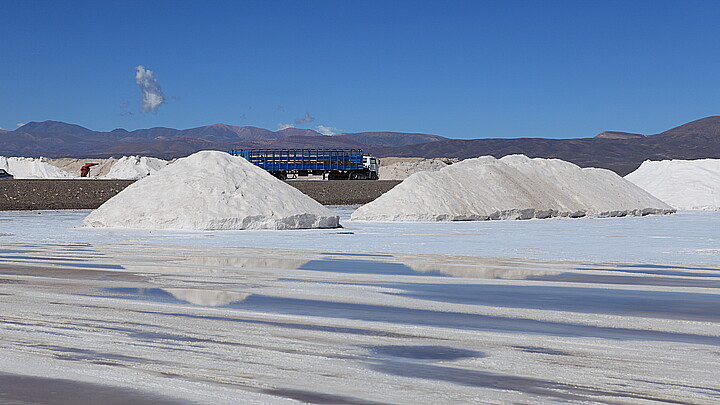Business
Consumer prices in Chile soar to 30-year high before leftist president's first month in office
Less than one month into Boric’s first term, consumer prices in Chile climbed 1.9% in March – the highest level in 30 years
April 8, 2022 11:21am
Updated: April 9, 2022 11:13am
After besting free-market candidate Jose Antonio Kast in a presidential runoff election in December of last year, 36-year-old former student leader Gabriel Boric became Chile’s most left-leaning leader since socialist Salvador Allende took office in 1971.
Although the left has celebrated Boric’s electoral victory, his political rise has sent a shiver down the back of Chile’s once powerful economy.
A new report from the Andean country’s national statistics agency shows that less than one month into Boric’s first term, consumer prices in Chile climbed 1.9% in March – the highest level in 30 years -- driven by rising prices of food, non-alcoholic beverages and education, EMOL reported.
While a recent Reuters poll of economists predicted that the monthly figure would rise by 1.05%, the rolling 12-month rate now stands closer to 9.4%.
The present rate remains far above the central bank’s target rate of 2% to 4%, a reality which has forced the bank to push interest rates up and could prompt more tightening in weeks to come.
Since the coronavirus pandemic battered global markets, Latin American leaders have been scrambling to combat rising inflation, which has, in recent days, been pushed even higher by supply chain disruptions caused by the war in Ukraine.
Brazil – one of the region’s mightiest economies – posted its highest monthly inflation in 28 years on Friday.
Similarly, in Peru, where mass street protests are testing the ground beneath the feet of socialist President Pedro Castillo’s administration, inflation is rising at the fastest rate in a quarter of a century.
In order to mitigate the deteriorating economic situation in the world’s largest copper-producing nation, Boric announced on Thursday a $3.7 billion economic recovery plan that included a minimum wage increase to help Chileans deal with rapidly rising prices.
Similarly, to combat inflation, the central bank raised the interest rate by 150 basis points to 7% in March.
Boric entered La Moneda, Chile’s presidential palace, at a turbulent time for the world’s leading copper producer – and will have to navigate ambitious political projects through a highly polarized society that has been rocked by country-wide protests and untamed terrorist violence in the country’s southern regions.
Since first launching his campaign, Boric has promised to move forward with the left’s thirst for reform – telling voters he will work to restructure Chile’s prolific private pension funds (AFPs) and the market-friendly constitution, which has been in place since the years of General Augusto Pinochet’s military government.







